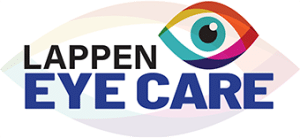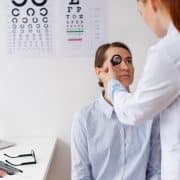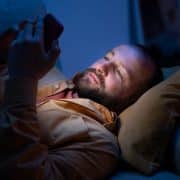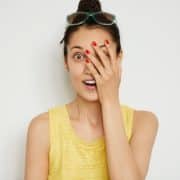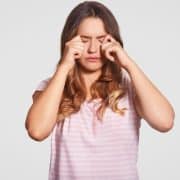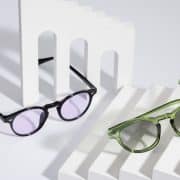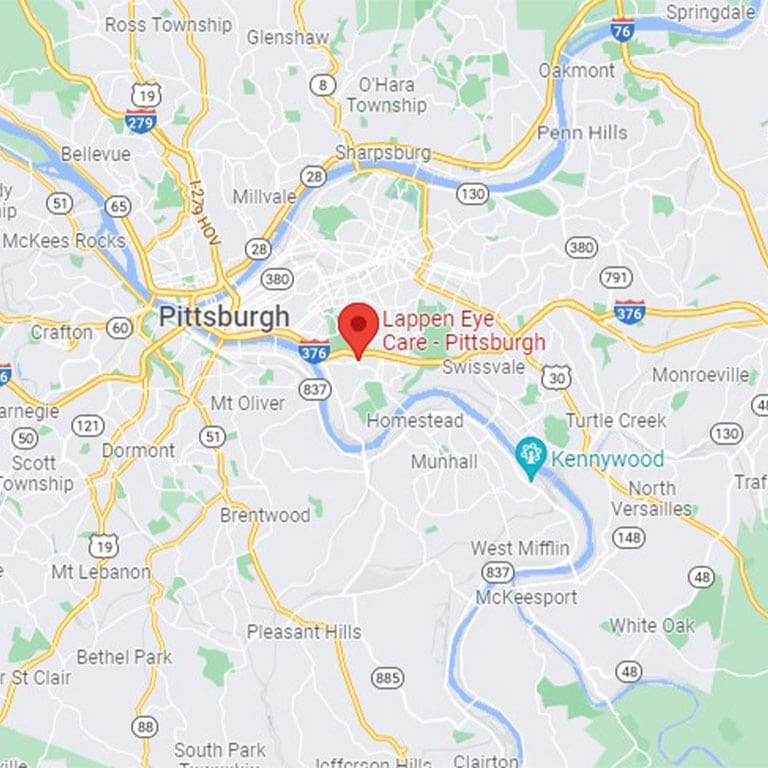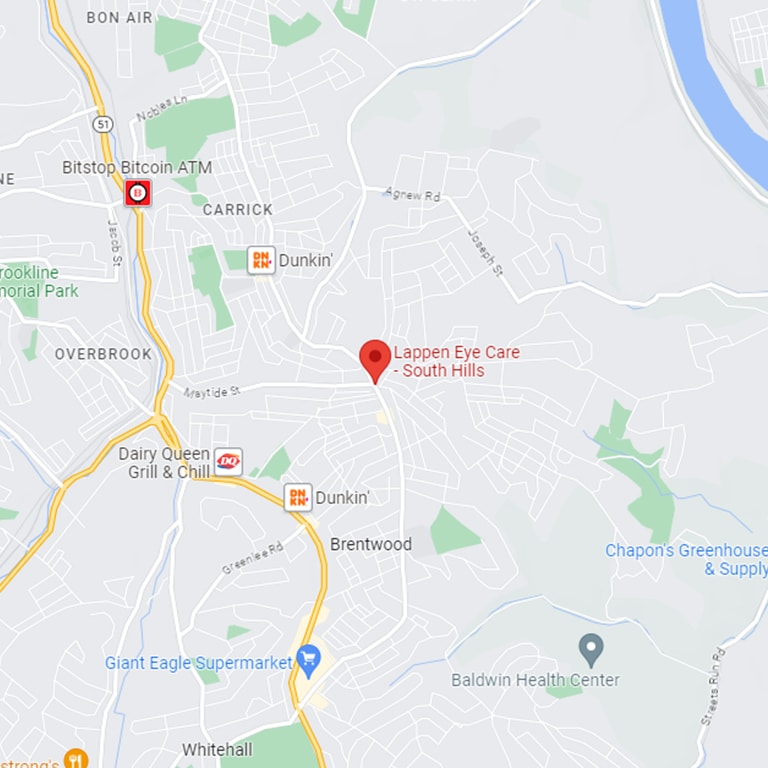Eye Floaters and the Home Remedy Myths Behind Them
Are you dealing with eye floaters? Many people bring up eye floaters during an eye exam in Pittsburgh, PA. However, one of the first things many patients do when these annoying disturbances in their field of vision develop is to look for home remedies on the internet. Unfortunately, eye floaters are not something that can be eradicated with most home remedies. Take a look below.
Myth: Get More Sleep
Getting ample rest is undeniably good for your vision, as your eyes get a prolonged amount of rest from focusing and light exposure. However, sleeping more is not something that can help with eye floaters once they have developed.
Myth: Change Your Diet
Once floaters are present, there is little you can give your body to make them go away. Eating a nutrient-dense diet is always a good move for your visual health. And changing your diet could help to prevent further eye floater development. However, no nutrients have been proven to break down the floaters to eliminate them.
Myth: Use Warm/Cold Compresses
Warm or cold compresses are one of the first recommendations most people come across when searching for information about how to get rid of eye floaters. While warm or cool compresses can be good for other issues like blepharitis or conjunctival inflammation, they won’t do anything for eye floaters. These collections of vessels are suspended in the vitreous fluid of the eye where exterior treatment with warm or cool compresses will not matter.
Discuss Issues with Eye Floaters with a Pittsburgh Optometrist
While eye floaters are not likely to go away with home remedies, there may be options available that can help. Procedures like vitrectomy and vitreolysis are two common recommendations for severe cases. Reach out to our Pittsburgh optometry office to schedule an appointment.

